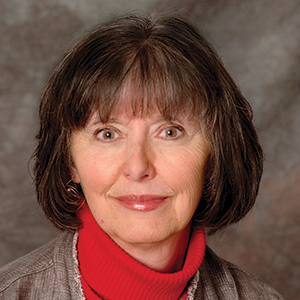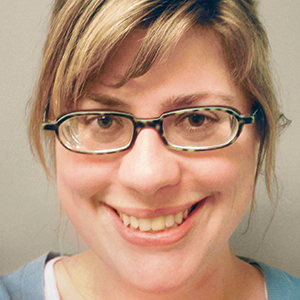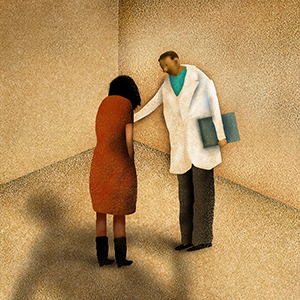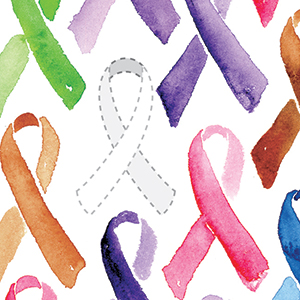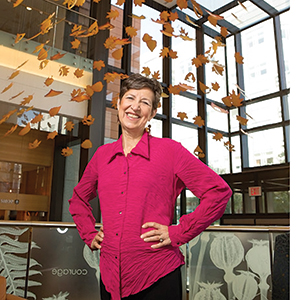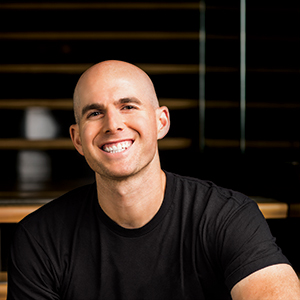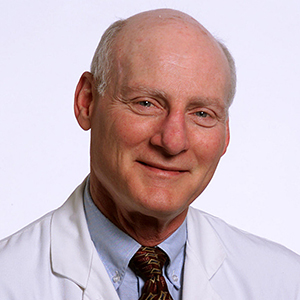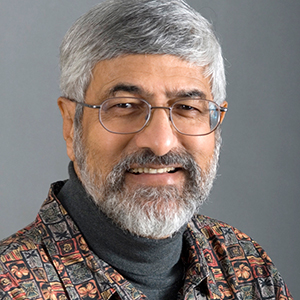Fall 2012 Vol. 02 Issue 03
-
Editor's Letter
More Than a NumberHealth care professionals are working to make care more patient-centered.
by Jessica Gorman
-
Your Cancer Guide
Cancer and SexNot in the mood? Take steps to regain intimacy.
by Hester Hill Schnipper
-
Caregiving With Confidence
An Action PlanCognitive changes are common in patients, so it's best to know your options.
by Amy Cunningham
-
A Genetic Legacy
Doctors now know more than ever about the inherited cancer-related mutations that can link generations of family members. But with the new knowledge from scientific advances and DNA testing come new questions for patients.
by Sue Rochman
-
Stranger in a Strange Land
Cancer puts everyone in foreign territory, but those diagnosed with a rare form of the disease may feel the most lost without clear guidance toward the best care or support from other survivors. Four steps can help ease the way.
by Rabiya S. Tuma
-
Teaming Up for Better Treatment
Across the country, survivors' opinions and actions are influencing cancer care.
by Stephen Ornes
-
Survivor Profile
Touched by an AngelJonny Imerman is the heart and hub of a network of cancer survivors.
by Pamela Ferdinand
-
Yesterday & Today
A Leading LadyBetty Ford's candor about her breast cancer diagnosis helped bring a private issue out of the shadows.
by Corinna Wu
-
Q&A
Age Is More Than a NumberGeriatric oncologist Harvey Jay Cohen shines a spotlight on older people with cancer.
by Jocelyn Selim
-
Sound Advice
Your Questions, Our AnswersOn culturally appropriate care, access to investigational treatments and quitting smoking.
-
Get Involved
Driving the Road to RecoveryA cancer caregiver volunteers by driving patients to treatment.
by Yvonne Lee
-
In the Moment- Fall 2012
Pamela Clark, Emily-Kate Niskey, Loretta Cox, Tim Buckland
Participating in a structured exercise program after treatment was associated with a reduced risk of recurrence in people who had colon cancer.
by Sandra Gordon
Gaps in Survivorship Care Leave Unmet Needs After Cancer TreatmentA survey of head and neck cancer survivors reveals that many are not getting adequate survivorship care and may not even know it is available.
by Cameron Walker
Improving Communication for Deaf Cancer PatientsAfter a cancer diagnosis, people who are deaf or have hearing problems can struggle if accommodations don’t meet their communication needs.
by Eric Fitzsimmons
Is Immunotherapy Right for People Hospitalized With Advanced Cancer?Researchers find no evidence that immune checkpoint inhibitors benefit cancer patients getting inpatient care. They urge earlier consideration of palliative care.
by Kyle Bagenstose





